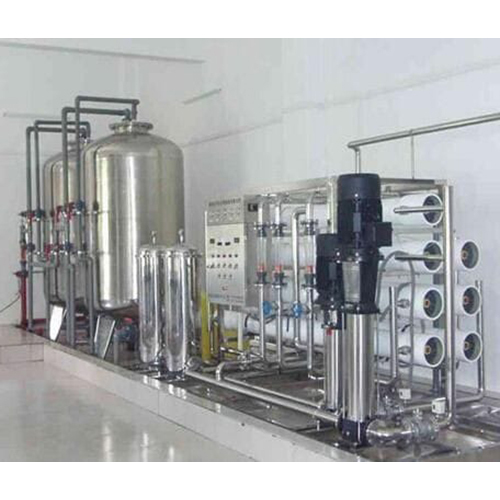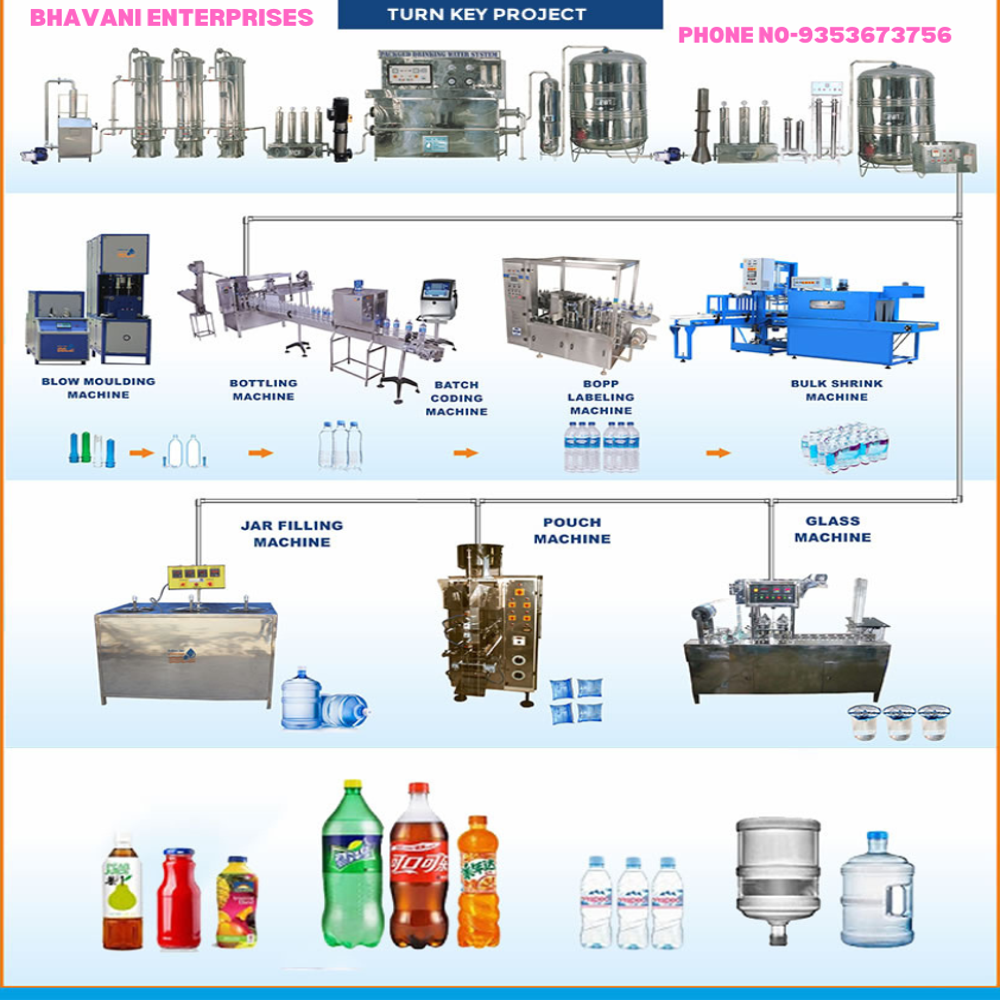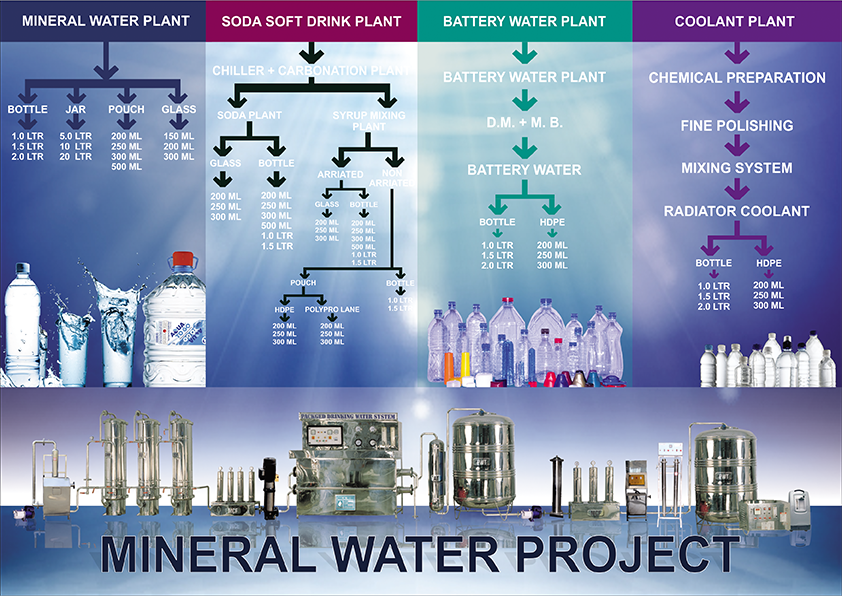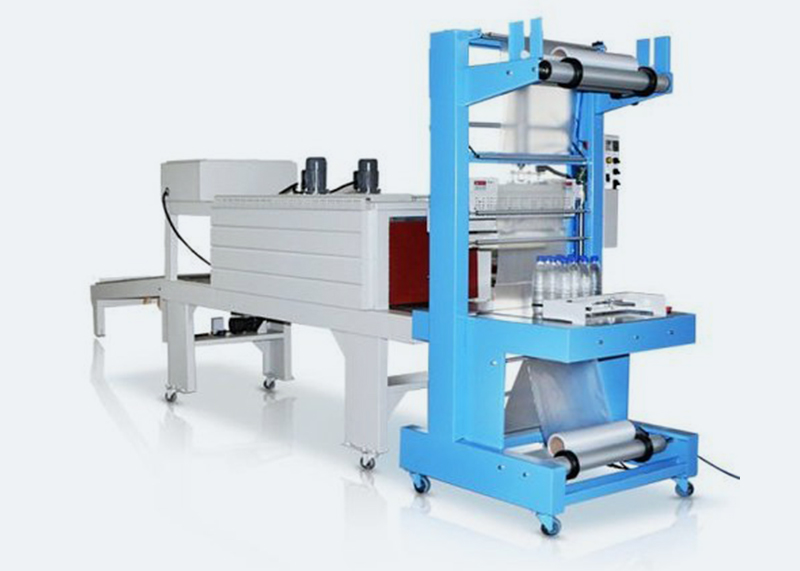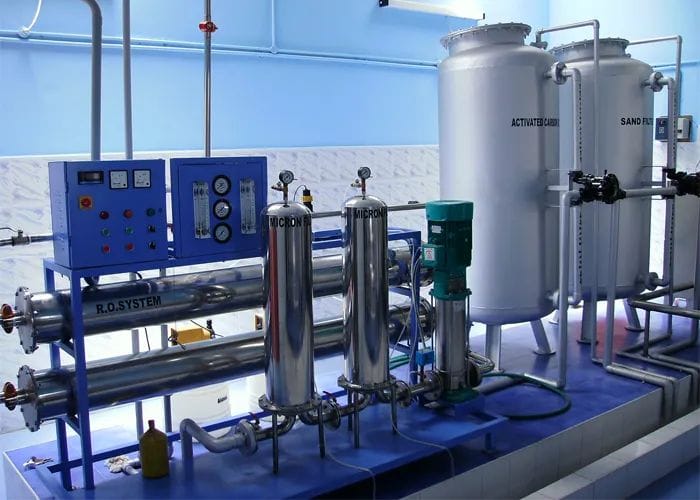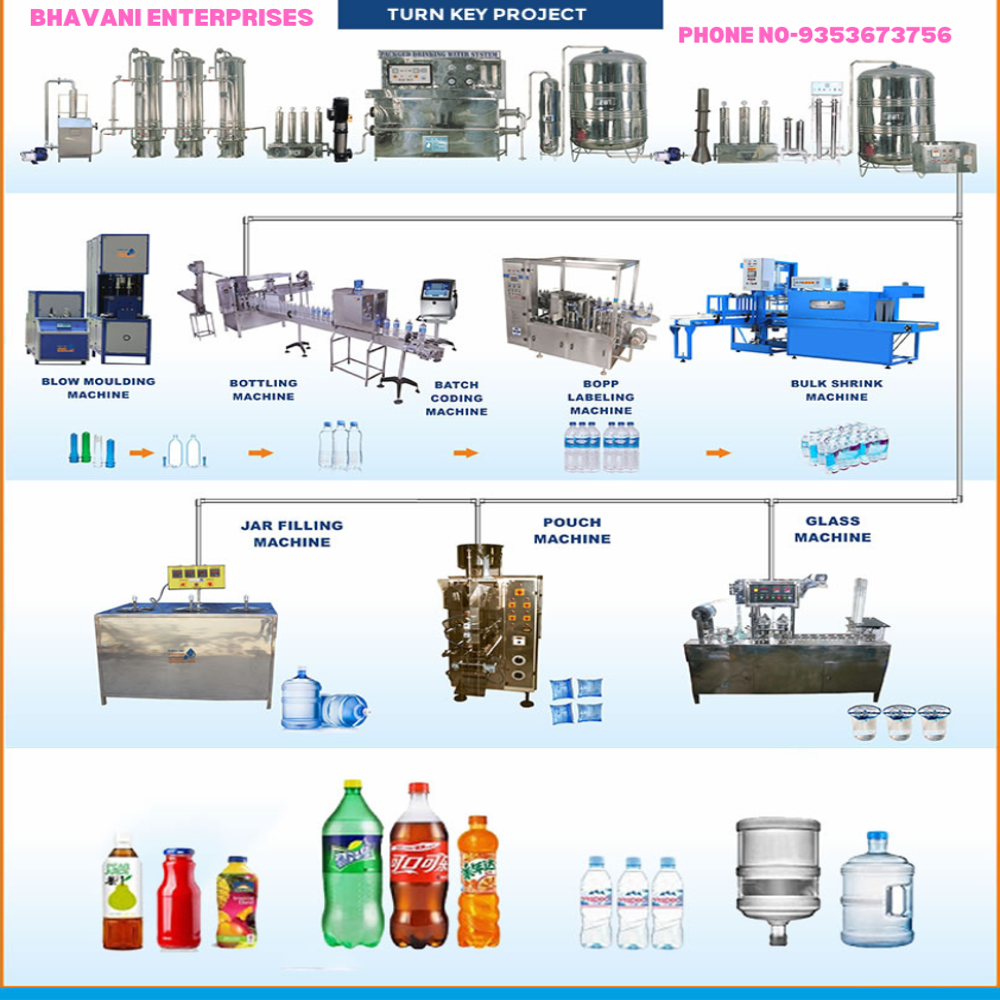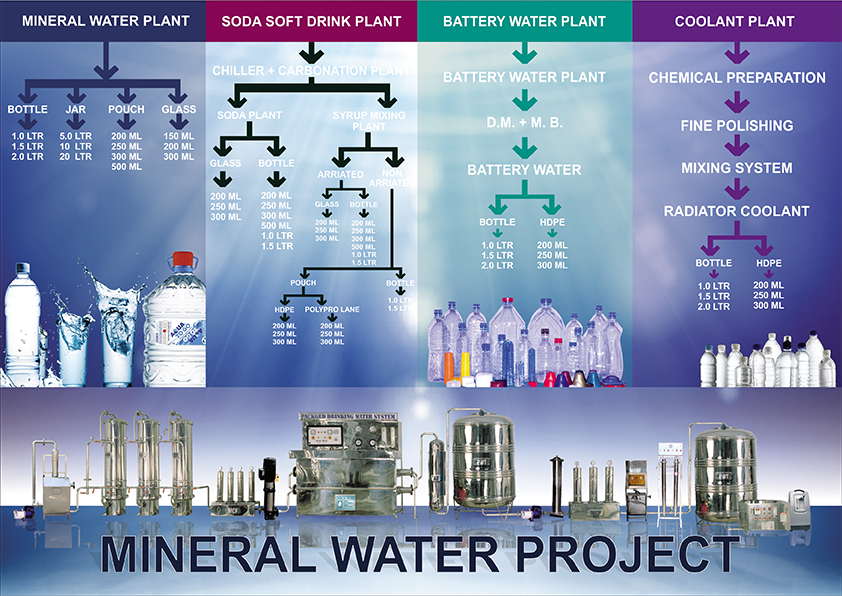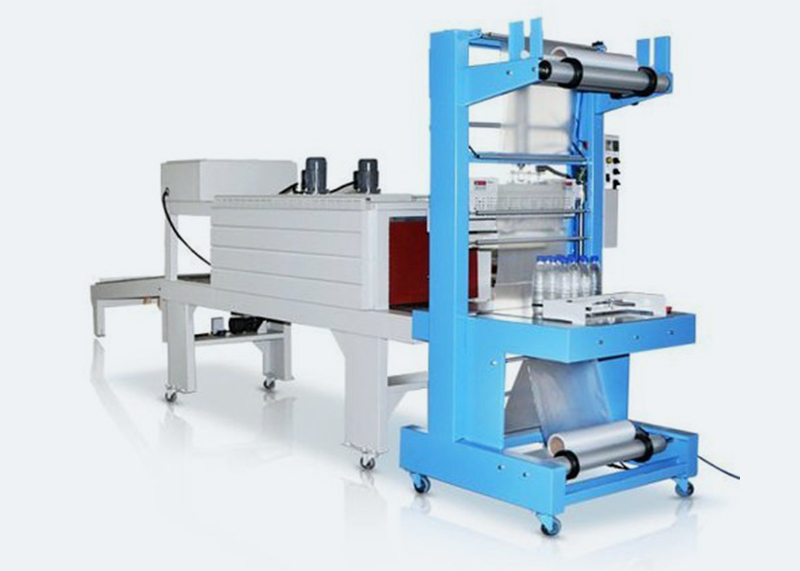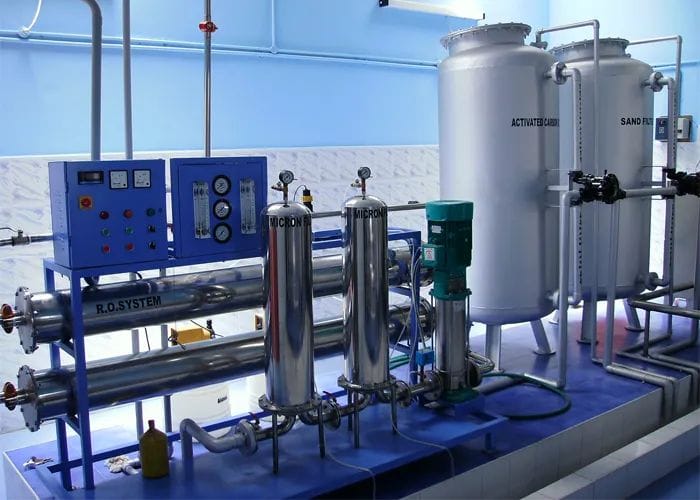Drinking Bottle Water Plant
4000000.0 INR/Unit
Product Details:
- Feature High Quality
- Automatic Grade Full Automatic
- Voltage 220-440 Volt (v)
- Water Source Ground Water
- Purity Level High
- Drive Type Electric
- Material SS
- Click to View more
X
Drinking Bottle Water Plant Price And Quantity
- 1 Unit
- 4000000.0 INR/Unit
Drinking Bottle Water Plant Product Specifications
- Ground Water
- 220-440 Volt (v)
- High
- High Quality
- Full Automatic
- Electric
- SS
Drinking Bottle Water Plant Trade Information
- NO
- Cash in Advance (CID)
- 10 Unit Per Month
- 7 Days
- No
- Within a certain price range free samples are available
- FULL PACKING MACHINE
- Asia
- All India
- ISI
Product Description
A "packaged drinking water project" refers to a business venture focused on purifying raw water through a multi-stage filtration process, like reverse osmosis, and then bottling it in sealed containers to produce clean, safe drinking water for retail sale, adhering to strict quality standards and regulations set by relevant authorities; essentially, it involves sourcing water, treating it to remove impurities, filling it into bottles, and packaging it for consumer consumption.Key components of a packaged drinking water project:
Water Source:
Access to a reliable source of raw water, which could be from a natural spring, well, or treated municipal supply.
Water Treatment Process:
Pre-filtration: Removal of large particles using sand filters.
Carbon filtration: Eliminating odors and color using activated carbon filters.
Reverse Osmosis (RO): A key purification stage, removing dissolved solids and contaminants.
Ultraviolet (UV) disinfection: Killing bacteria and microorganisms
Bottling and Packaging:
Bottle Cleaning and Rinsing: Thoroughly cleaning the PET bottles before filling.
Filling Machine: Automated system to accurately fill bottles with purified water.
Capping and Sealing: Securely capping the bottles to maintain sterility
Labeling: Applying labels with product information and branding
Quality Control:
Laboratory Testing: Regularly monitoring water quality to ensure compliance with standards
Sampling and Analysis: Testing for parameters like pH, TDS, bacteria count, and heavy metals
Important Considerations:
Market Analysis:
Assessing local demand, competition, and pricing strategies
Permits and Licenses:
Obtaining necessary permits from regulatory bodies like FSSAI (Food Safety and Standards Authority of India)
Plant Design:
Selecting appropriate equipment based on production capacity and water quality
Sustainability Practices:
Minimizing water waste, utilizing recycled materials, and responsible disposal
Potential benefits of a packaged drinking water project:
High Demand: Growing consumer preference for bottled water due to concerns about tap water quality
Profitability: Can be a lucrative business with proper market positioning and efficient operations
Health Impact: Providing access to clean drinking water in areas with limited access
Tell us about your requirement

Price:
Quantity
Select Unit
- 50
- 100
- 200
- 250
- 500
- 1000+
Additional detail
Mobile number
Email

